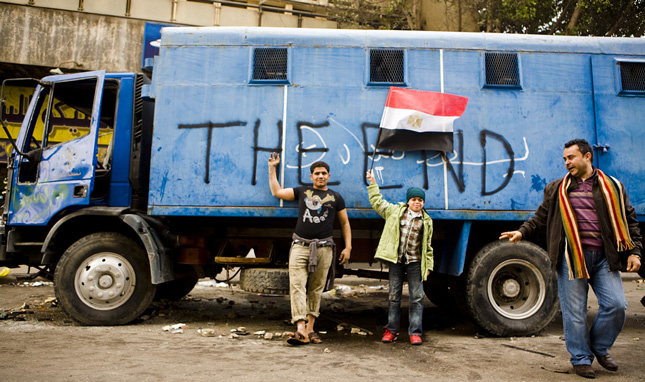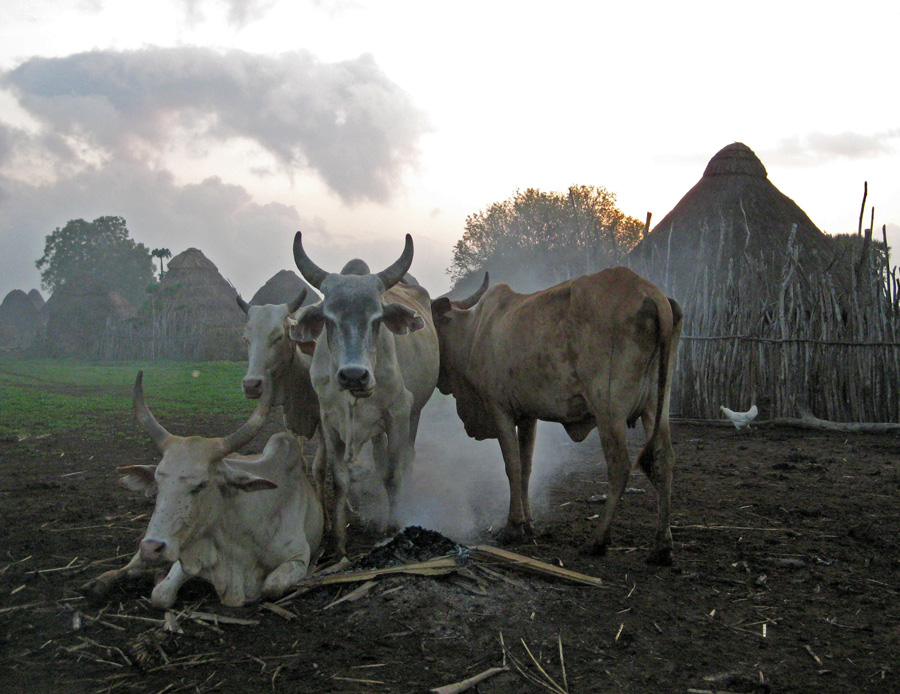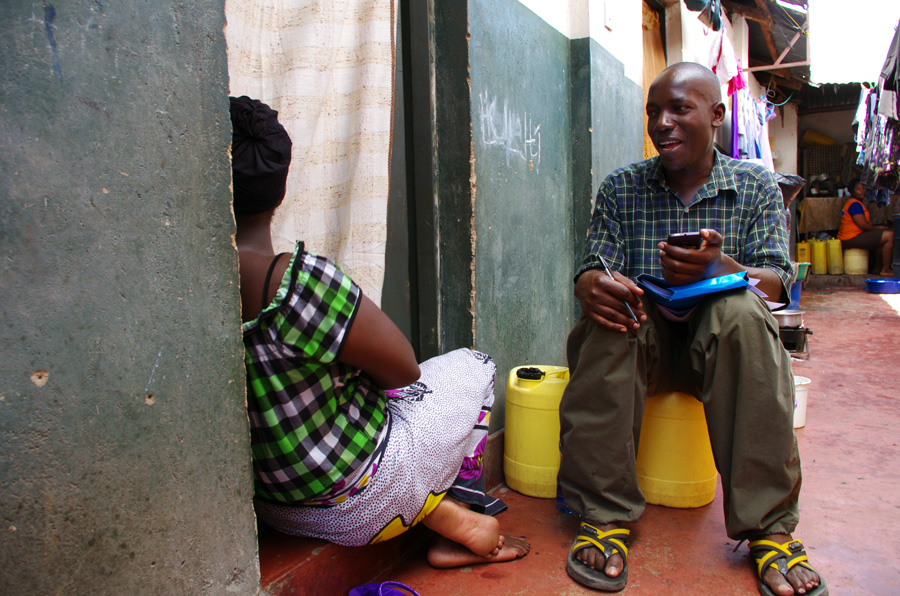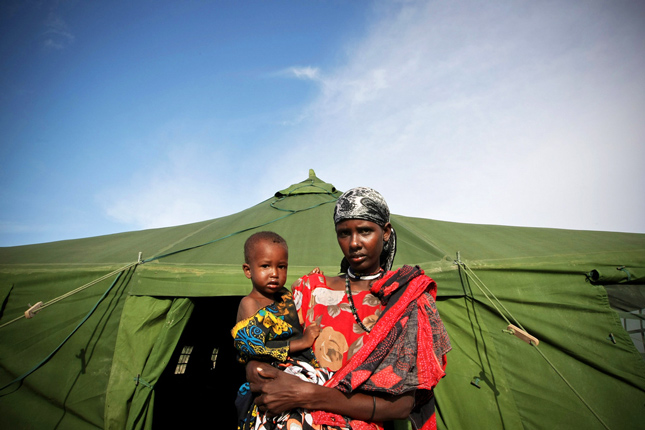-
Combination of Climate Change and Youth Puts Some Countries at Risk of Fragility
›
Climate change and youthful demographics can combine to create security risks in already fragile contexts, according to a new report commissioned by UNICEF UK and co-authored by the London-based research organizations International Alert and the International Institute for Strategic Studies.
-
New Markets Meet Old Grievances: The Fight Over Biofuels in Kenya’s Tana River Delta
›Stepping away from herds of cattle, subsistence farms, and other responsibilities at home, roughly a hundred Kenyan villagers traveled overnight by bus from the Tana River Delta to Nairobi in February 2011 for a hearing at the national high court. The claimants declared that the lack of a “comprehensive land use master plan” infringed on the rights of the region’s people, and called for the prohibition of further land and resource development until such a plan was negotiated.
-
Report: Damming of Lake Turkana Could Leave Thousands Without Water, Provoke Tribal Conflict
›The damming of a river that feeds the world’s largest desert lake could lead not only to less drinking water for thousands of Kenyans, but international conflict between tribes for what little water remains.
-
Mobile Tech Drives Faster Data Collection for Family Planning Indicators With PMA2020
›December 22, 2014 // By Elizabeth Leahy MadsenIn an effort to revamp the time-intensive process of conducting household surveys to collect health data in developing countries, a new project is using mobile phones and rapid processing techniques to generate regular updates for a tranche of indicators previously only adjusted every three to five years.
-
‘Extreme Realities’ Sheds Light on Links Between Global Climate Dynamics and National Security
›“We cannot ignore the new reality that climate change has become a major foreign policy issue in the 21st century,” a new film by Hal and Marilyn Weiner concludes.
-
Safety and Security in the Global Youth Wellbeing Index
›Few would argue with the notion that socioeconomic development is contingent on peace, safety, and security. What goes for nations, goes for people too – especially young people.
-
UN Further Refines Population Projections: 80 Percent Probability of 10-12 Billion People by 2100
›October 16, 2014 // By Elizabeth Leahy Madsen
Seasoned demography geeks know to anticipate the release of the UN Population Division’s World Population Prospects in the spring of odd-numbered years. An off-cycle update published last month in Science, summarizing new results and methodological changes to the projections, therefore provoked a buzz of interest and a mini-flurry of media coverage.
-
Somali Refugees Show How Conflict, Gender, Environmental Scarcity Become Entwined
›
Under international law, someone who flees their country because of conflict or persecution is a refugee, but someone who flees because of inability to meet their basic household needs is not. In the case of Somalia, it is increasingly difficult to make any meaningful distinction between the two.
Showing posts from category Kenya.








